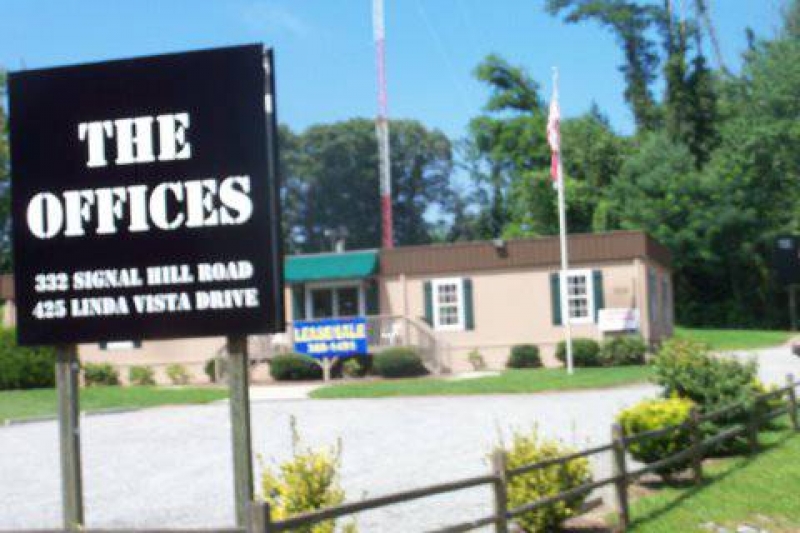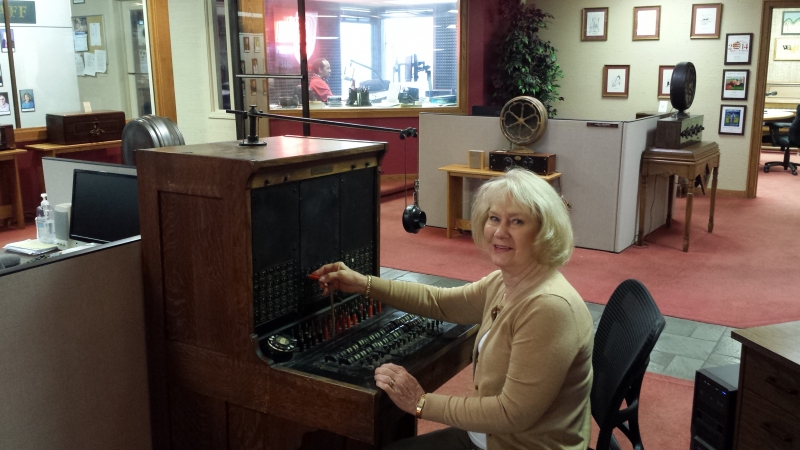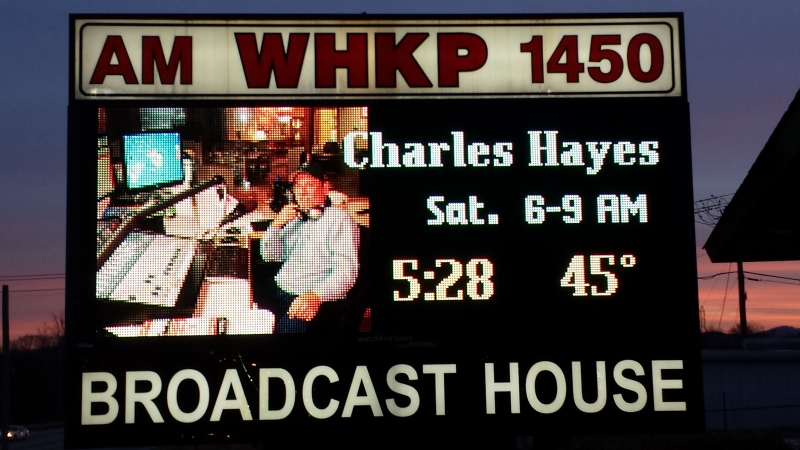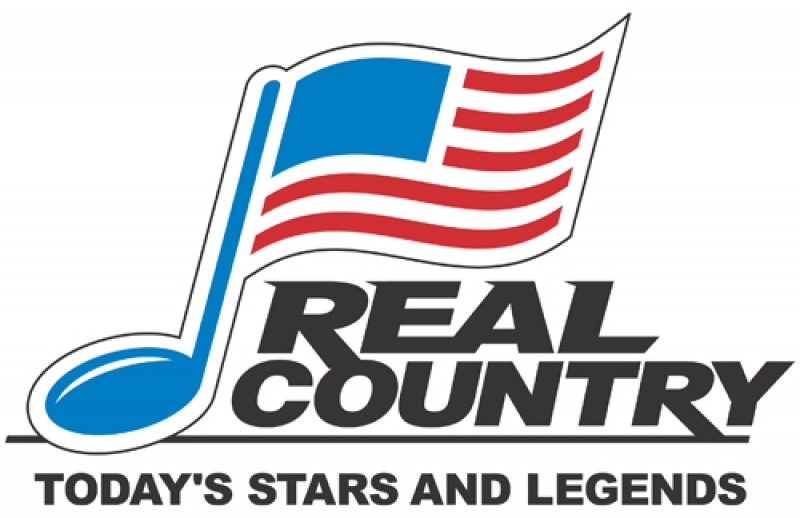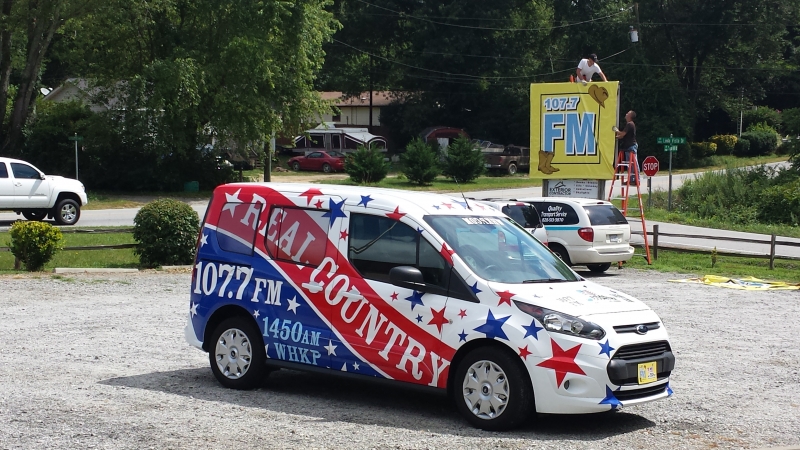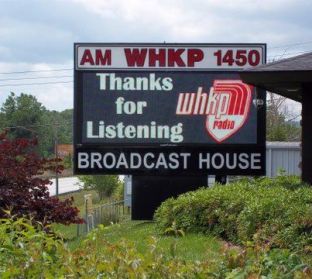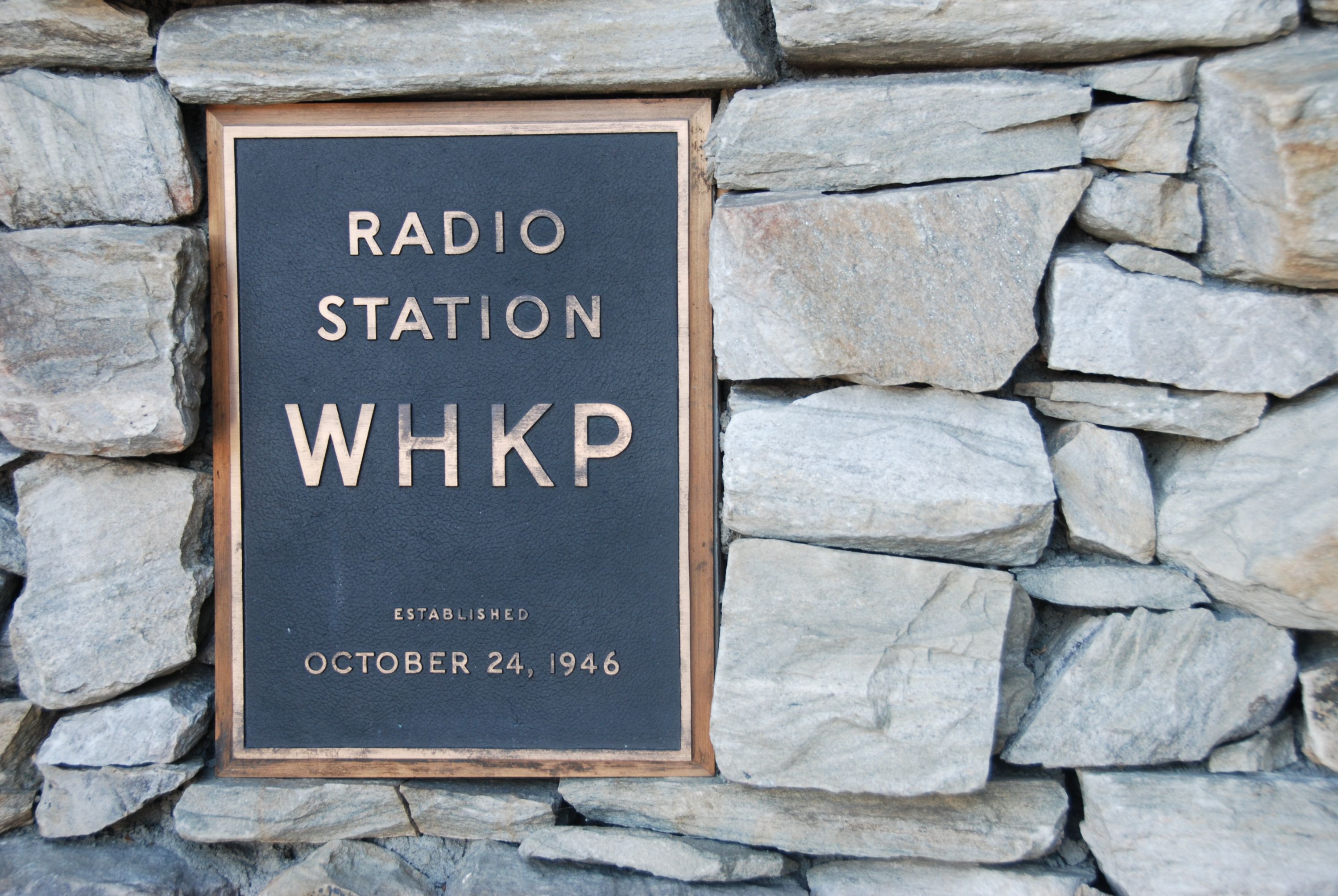FEMA housing lags behind demand for those who lost homes to Helene
FEMA pays rent, including a security deposit, at a place other than your damaged home. The rental can be a house, apartment, hotel, or recreational vehicle that can keep you near your job, home, school and place of worship. The assistance may include essential utilities such as electricity and water.
The approved rental amount is based on fair market rates for the area as determined by the U.S. Department of Housing and Urban Development.
Automated phone calls will notify those who may be eligible for continued rental assistance. Less than 10 percent of those who registered for disaster aid met the criteria for initial rental assistance.
Extensions on rental assistance may be granted for three-month periods up to a maximum of 18 months from Sept. 28, 2024, the date of the FEMA disaster declaration.
To continue to receive rental assistance, recipients must prove an ongoing need, which may be that suitable housing is not available or that a permanent housing plan has not been completed through no fault of your own. Hurricane victims may qualify for continued assistance if they demonstrate disaster-related financial need and show that they are developing a longer-term or permanent housing plan or demonstrate progress toward one. A contractor’s estimate of repairs can point to progress.
To learn more visit fema.gov/disaster/4827.
SUVIVORS OF HURRICANE HELENE MAY BE ELGIBLE FOR CONTINUED RENTAL ASSISTANCE





